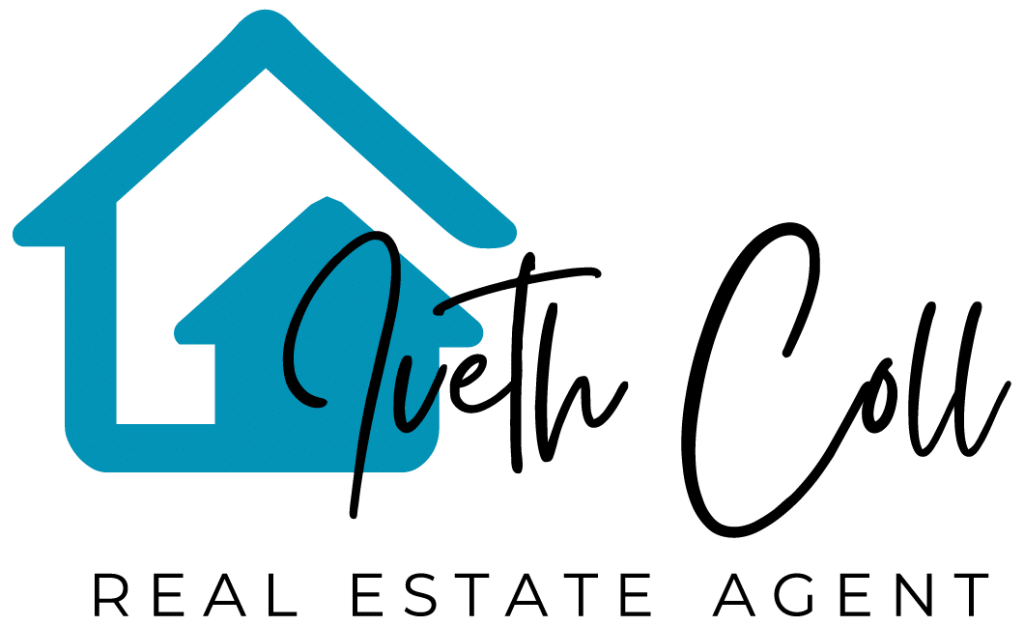Préstamo Hipotecario
HOW TO GET A MORTGAGE LOAN AS A FOREIGN ONE?

Con más de 20 años de experiencia en financiamiento residencial y comercial, Ricardo Suarez se ha posicionado como un experto en préstamos hipotecarios, brindando soluciones estratégicas a inversionistas, compradores y empresarios.
Es Ingeniero Industrial con un posgrado en Gerencia de Empresas Comerciales, lo que le permite aplicar un enfoque estructurado y analítico en cada transacción. Como Prestamista Hipotecario Certificado (NMLS-licensed) y miembro activo de la NAR y la Asociación de Realtors de Miami, se mantiene a la vanguardia del sector, asegurando las mejores oportunidades para sus clientes.

Some important facts:
- Generally, a minimum of 30% down payment is required and it increases according to the type of property that is acquired.
- Most banks start financing foreign individuals from a purchase amount of approximately US$200,000.
- Interest rates for foreign loans range from 5.125% to 7%
- In some cases, interest could reach up to 10% if you opt for a private loan.
- In addition to the initial, they must take into account the closing costs: between 5% to 8% of the value of the property.
- In the US there is no age discrimination to grant mortgage loans.
- If you would like to make extraordinary payments on your mortgage, it will not reduce your monthly payment, but it will reduce the term of your loan.
What would my monthly payment responsibilities be?
Most American mortgages are payable each month and your local bank can arrange to make the payment through them directly. Property taxes and insurance premiums are collected monthly by the lender and paid by the lender annually.
Generally, your bank will deduct monthly:
- Mortgage
- Insurance (flood, casualty, hurricanes)
- Third party insurance (optional)
- Property taxes
For your part, if there is an association or condominium board, you will be responsible for paying the monthly maintenance cost directly.

What is the process to apply for a mortgage loan as a us resident?
The first step in acquiring a property with a mortgage loan is pre-qualification. There are several government-approved programs for those looking to obtain a loan, such as FHA, Conventional, and VA. FHA, or first-time homebuyer, loans have the advantage of only requiring a 3.5% down payment and a credit score of at least 580, but the disadvantage is that only single-family homes and most townhomes with Lot/Description description qualify. block. Conventional loans require a 5% down payment and a credit score of at least 620. VA loans for war veterans do not have initial payment requirements, they only need to show the Certificate of Eligibility and the DD214 or discharge document from military service.
The basic requirements to qualify for a loan are :
- Personal identification (driver’s license)
- Social Security number
- Last 2 bank statements and last 2 years of completed personal tax returns
- For employees who receive a fixed salary, they must present the W2 of the last two years and the pay stubs of the last two months.
- For independent workers or business owners, they must present the 1099 of the last two years and the tax returns of the company of the last two years.

Some important facts:
- Interest rates for local loans start from 3.68%
- The closing costs involved in financing range from 5% to 6% of the value of the property.
- After filing for bankruptcy, the waiting period is 2 years for FHA and VA loans and 4 years for Conventionals.
What to do before applying for a loan?
- Get your credit report BEFORE applying for the loan so you have time to correct errors or problems in the history
- Be clear about how much you can put down (including closing costs)
- Look for the best interest rate BUT consider the other terms of the loan.
- Compare quotes
- Request a “good faith estimate”
What NOT to do before applying for a loan?
- Make “larger” purchases through credit
- Do not move important money from the accounts.
- Request any type of loan (car, boat, credit cards, etc.)
- Change your primary place of residence
- Open or close bank accounts
What would my monthly payment responsibilities be?
Most American mortgages are payable each month and your local bank can arrange to make the payment through them directly. Property taxes and insurance premiums are collected monthly by the lender and paid by the lender annually.
Generally, your bank will deduct monthly:
- Mortgage
- Insurance (flood, casualty, hurricanes)
- Third party insurance (optional)
- Property taxes
For your part, if there is an association or condominium board, you will be responsible for paying the monthly maintenance cost directly.
* Approval is subject to the financing and credit policy of the financial institution.
Contáctame
Queremos saber de ti y conocer tus inquietudes. Nuestro equipo esta disponible para ayudarte en todo lo que necesites.






